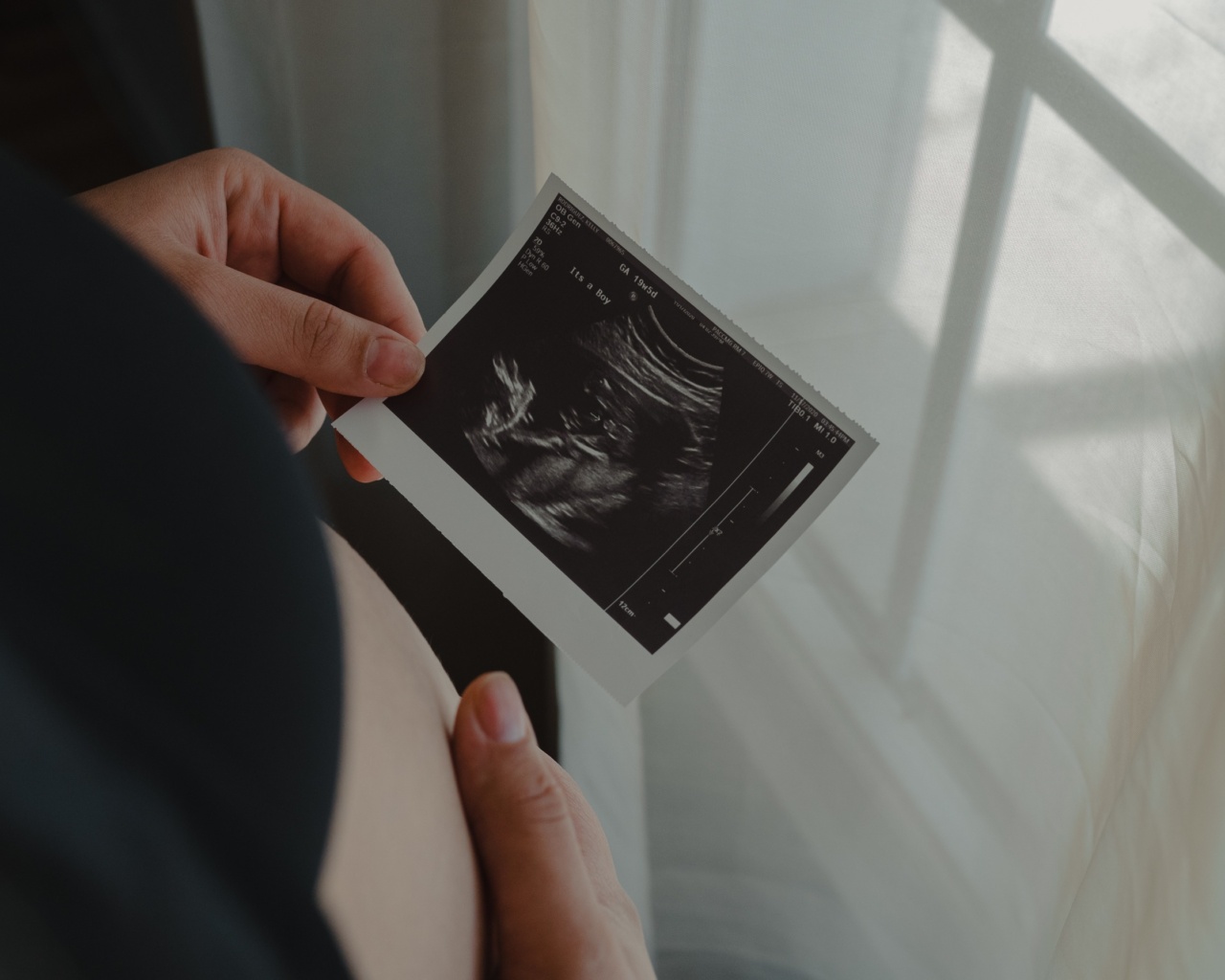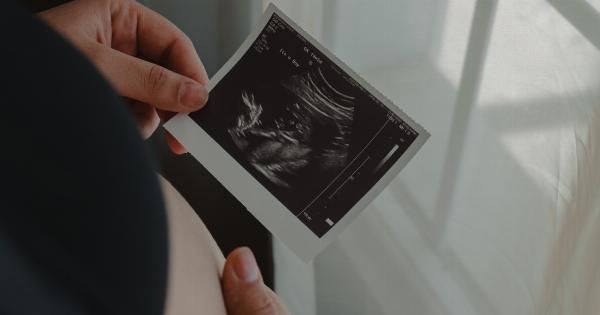Getting your baby’s hearing tested is extremely important, but it’s often overlooked. Many parents don’t realize the risks of hearing loss and how much it can affect their child’s development.
In this article, we will discuss the importance of hearing tests for babies and what you can expect during the testing process.
Why is Hearing Testing Important for Babies?
Hearing is crucial for a child’s development. Without it, they may not learn to speak or communicate effectively, which can cause problems later in life.
Early detection of hearing loss can lead to early intervention and better outcomes for your child.
It’s estimated that 1-2 in every 1,000 newborns have hearing loss. While some babies may have hearing loss due to genetics, others may develop it due to environmental factors such as infections, medications, or premature birth.
Hearing tests for babies are usually done within the first few weeks of life. If a baby fails the initial screening test, further testing will be done to determine the severity of the hearing loss.
What Happens During a Baby’s Hearing Test?
There are a few different types of hearing tests that can be done for babies. One common test is called the Otoacoustic Emissions (OAE) test, which involves inserting a small earphone into the baby’s ear to measure sound waves.
If the baby’s hearing is normal, the ear will produce an echo or “OAE”.
Another test is called the Auditory Brainstem Response (ABR) test, which measures how the baby’s brain responds to sound.
Electrodes are attached to the baby’s head and earphones are placed in the baby’s ear to measure the brain’s response to sound waves.
Both tests are quick and painless, and can be done while the baby is sleeping. If the baby has hearing loss, further testing may be done to determine the cause and severity of the hearing loss.
What Happens if my Baby Fails the Hearing Test?
If your baby fails the initial hearing screening test, don’t panic. It’s common for babies to fail the screening test due to fluid in the ear or other factors.
Your pediatrician will likely refer you to an audiologist for further testing. The audiologist will perform more in-depth testing to determine the severity and cause of the hearing loss.
If the hearing loss is significant, your baby may be referred to an early intervention program to receive support and therapy.
What Can I Do to Support My Baby’s Hearing?
There are many things you can do as a parent to support your baby’s hearing. Here are a few tips:.
- Talk and sing to your baby regularly
- Read to your baby every day
- Encourage your baby to respond to sounds
- Avoid exposing your baby to loud noises
- Get your baby’s hearing tested regularly
By following these tips and getting your baby’s hearing tested regularly, you can help ensure that your baby’s hearing develops normally and that they have the best possible outcomes for their future.
Conclusion
Hearing testing for babies is extremely important and should not be overlooked. Early detection of hearing loss can lead to early intervention and better outcomes for your child.
If your baby fails the initial screening test, don’t panic – further testing can be done to determine the cause and severity of the hearing loss. As a parent, there are many things you can do to support your baby’s hearing and development.





























